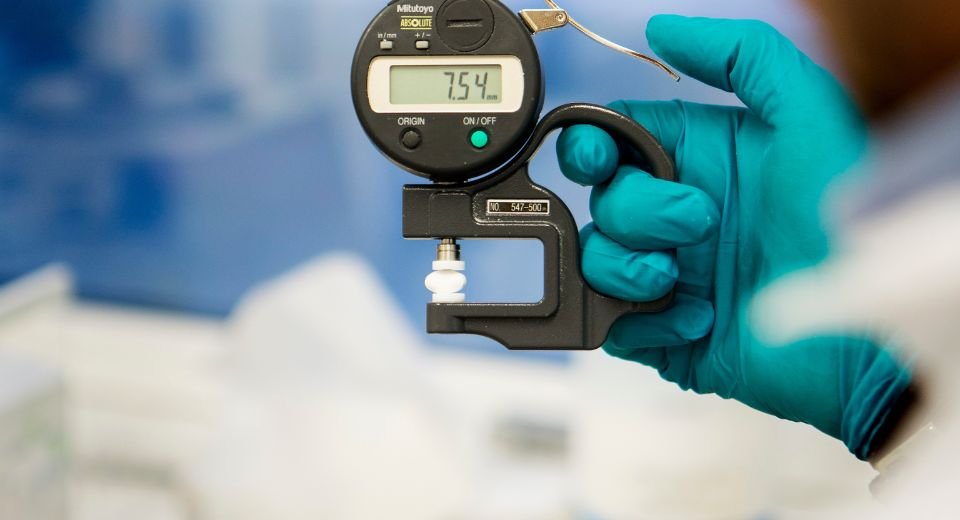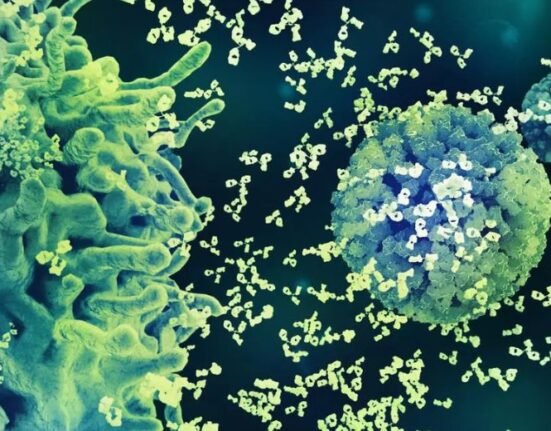HQ Team
February 25, 2025: Novo Nordisk has inked a $2 billion licensing pact with United Laboratories International for the development, manufacturing and commercializing of the Chinese company’s “triple G” weight-loss candidate.
The Danish drugmaker will pay an upfront amount of $200 million for the global rights of UBT251 — a triple agonist of the receptors for GLP-1, GIP, and glucagon — which is in the early stages of development, according to a Novo statement.
The Chinese company’s subsidiary, United Biotechnology, will retain the rights for UBT251 in the Chinese mainland, Hong Kong, Macau, and Taiwan. The drug candidate is meant to treat obesity, type 2 diabetes and other diseases.
UBT251 is a long-acting synthetic peptide triple agonist targeting the receptors for GLP-1 (glucagon-like peptide-1), GIP (glucose-dependent insulinotropic polypeptide) and glucagon. It has demonstrated “potent activity” on all three receptors in a preclinical setting, according to the statement.
A synthetic peptide triple agonist is a molecule designed to bind to and activate three different hormone receptors simultaneously, mimicking the action of multiple hormones, and is being explored for potential treatments of obesity and type 2 diabetes.
Type 2 diabetes
The drug candidate has been approved for clinical trials in China in adult type 2 diabetes, overweight or obesity, metabolic dysfunction-associated fatty liver disease, and chronic kidney disease (CKD), and clinical trials in the United States in adult type 2 diabetes, overweight or obesity, and CKD.
United Biotechnology recently initiated a mid-stage trial for UBT251 in people with overweight or obesity in China.
“Novo Nordisk is dedicated to providing improved treatment options for people living with obesity, type 2 diabetes, and other cardiometabolic diseases,” said Martin Holst Lange, executive vice president for Development at Novo Nordisk.
“The addition of a candidate targeting glucagon, as well as GLP-1 and GIP, will add important optionality to our clinical pipeline, as we look to develop a broad portfolio of differentiated treatment options that cater to the diverse needs of people living with these highly prevalent diseases.
“We look forward to building on United Biotechnology’s scientific work and further exploring the potential best-in-class properties of UBT251 across cardiometabolic disease indications,” he said.
Completed early trials
United Biotechnology recently completed a randomised, double-blind, placebo-controlled phase 1b trial in China designed to evaluate the safety, tolerability, pharmacokinetics, and pharmacodynamics of multiple subcutaneous injections of UBT251 in people with overweight or obesity.
A total of 36 patients were enrolled in three different dose groups. Each group adopted a dose titration method, with subcutaneous injection once a week for 12 consecutive weeks.
“The safety profile of UBT251 was consistent with incretin-based therapies,” according to the statement.
The most common adverse events were gastrointestinal and the vast majority were mild to moderate in severity. In the highest dose group, the average weight of the people who completed the trial decreased by 15.1% from baseline, while the average weight of people in the placebo group increased by 1.5% from baseline.
‘Metabolic disorders’
“TUL is committed to strengthening its presence in the treatment of chronic diseases, including endocrine and metabolic disorders, while actively expanding its footprint in global markets. We believe that Novo Nordisk’s expertise will play a key role in accelerating the global development of UBT251,” said Tsoi Hoi Shan, the Chairman of United International.
United Biotechnology, located in the Guangdong-Macao In-Depth Cooperation Zone in Hengqin, serves as the biopharmaceutical research and development headquarters of United Laboratories.








